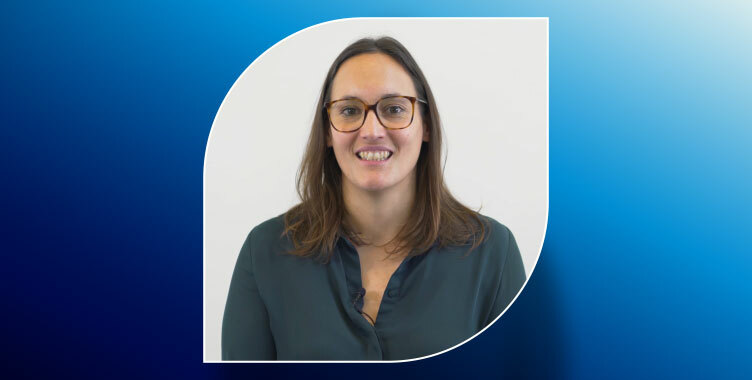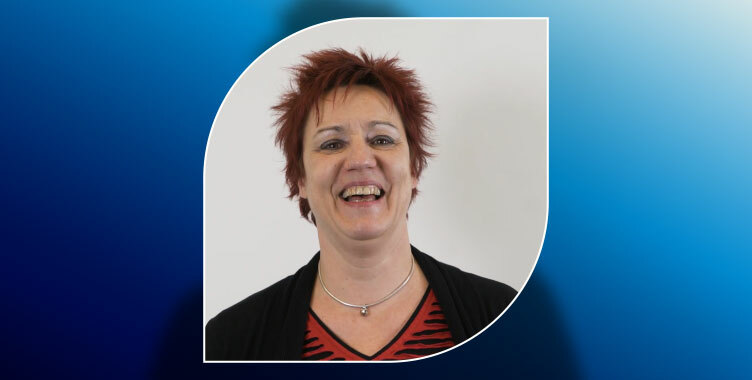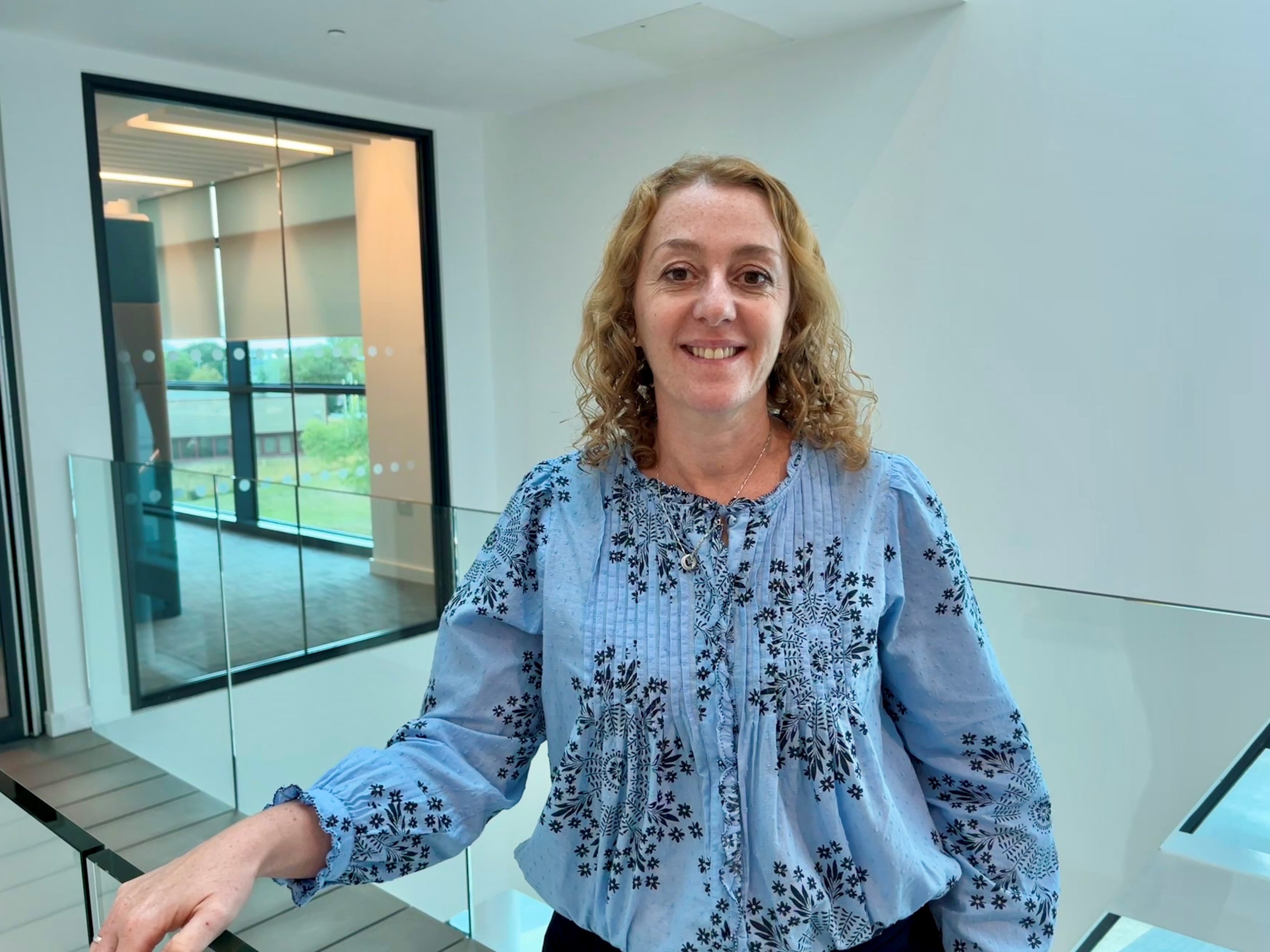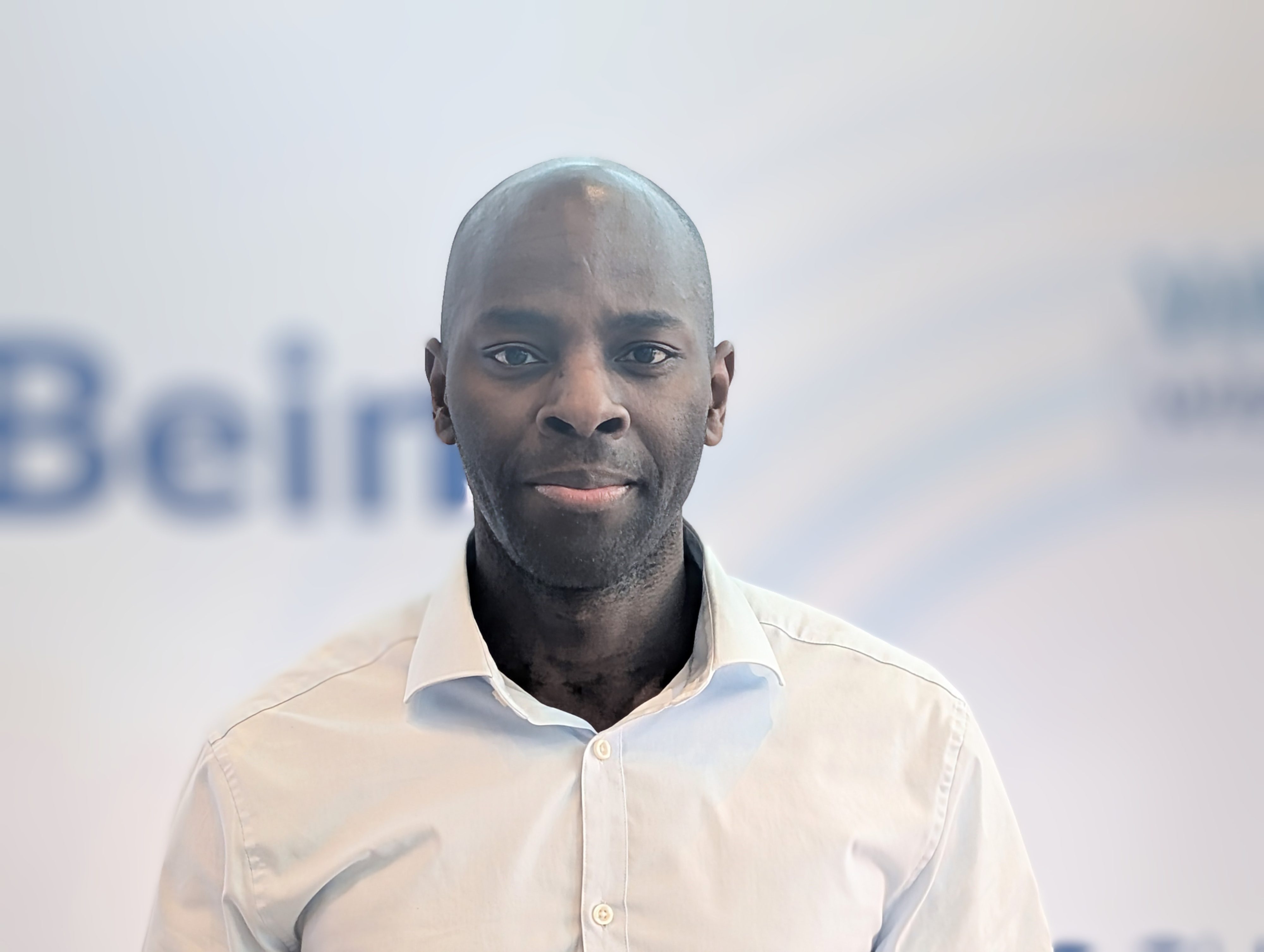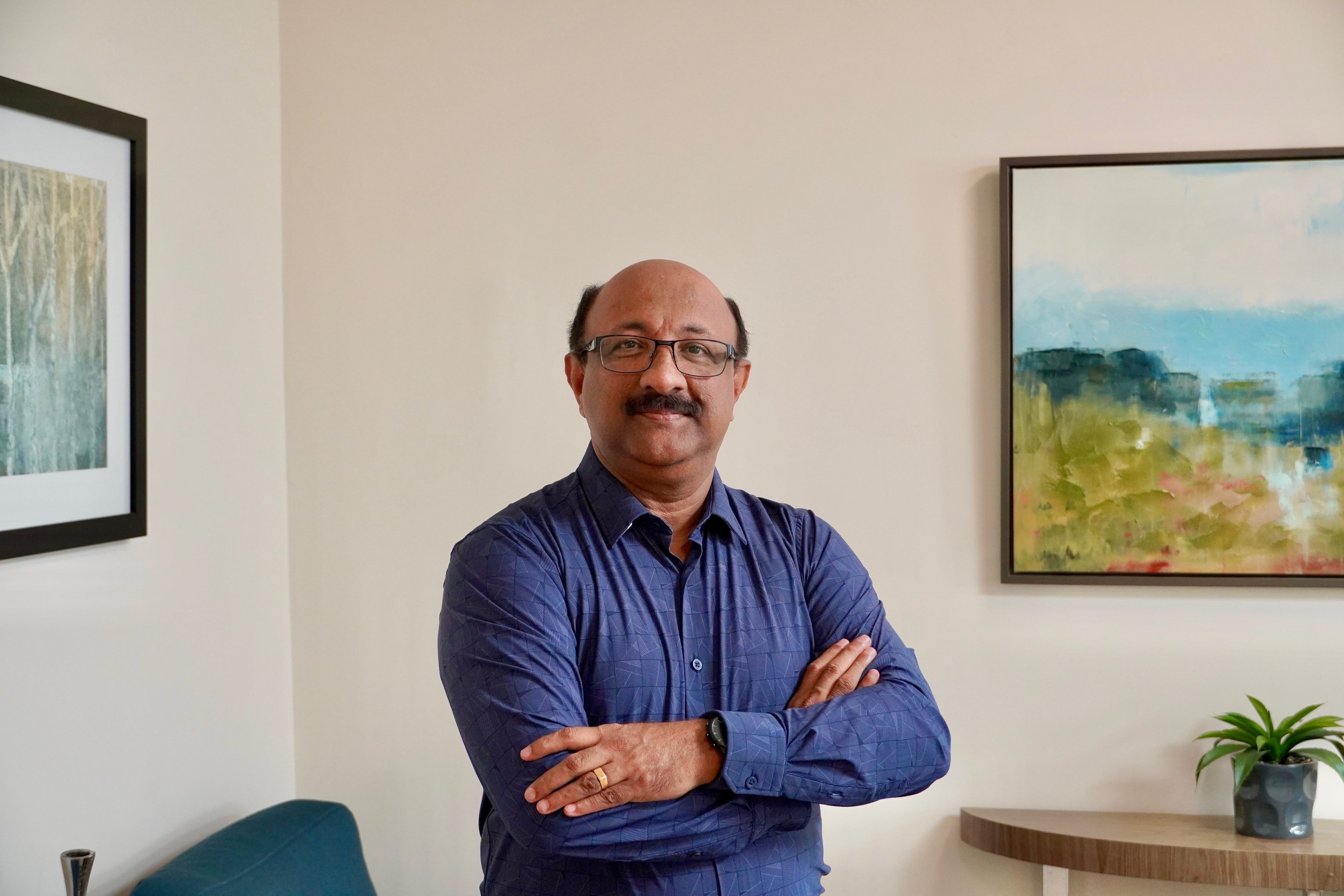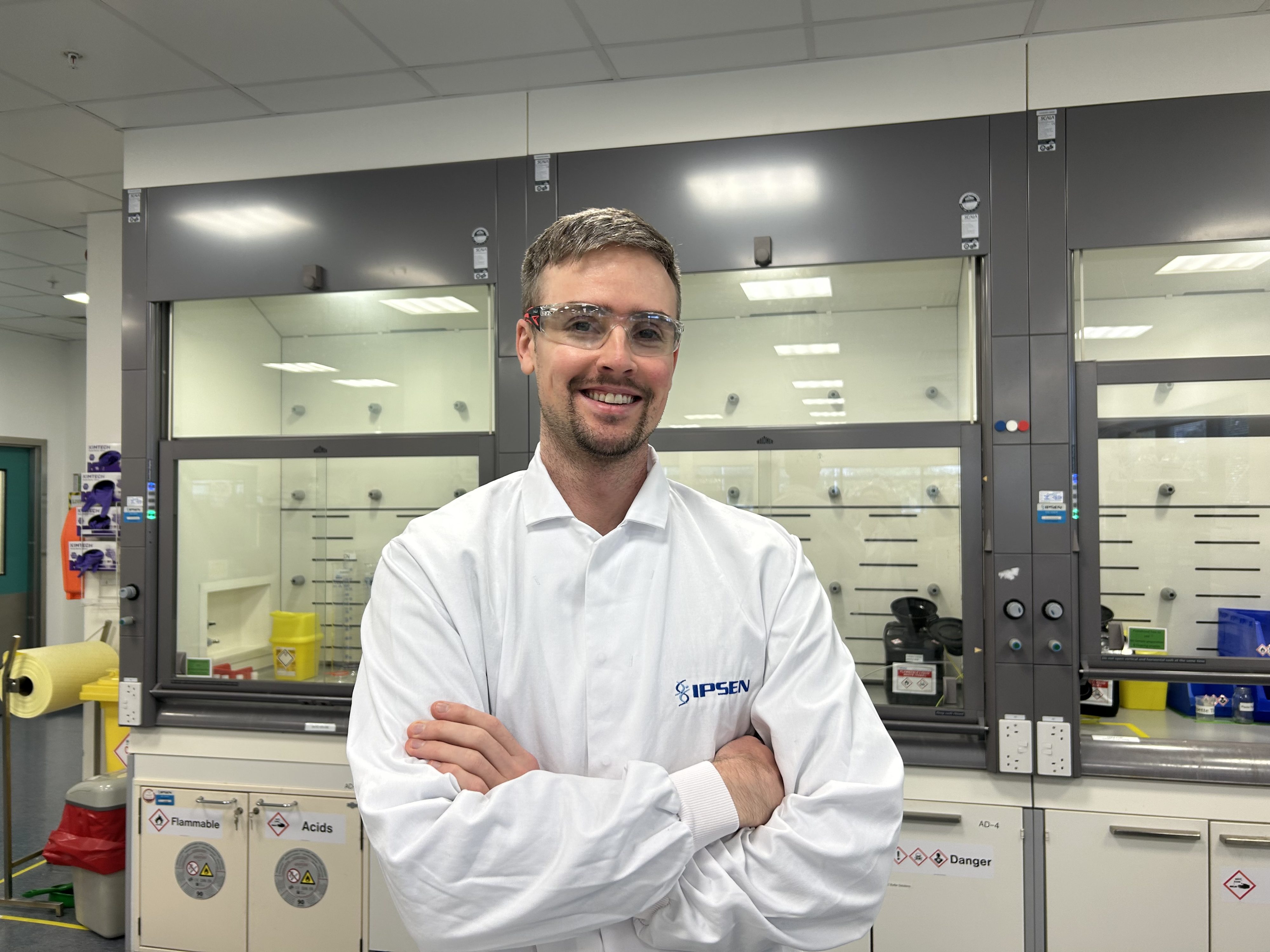Always One Step Ahead: Anne Petit on Making Medicines Happen

Anne Petit does not wait for instructions. She knows that in pharmaceutical development, her team often moves first. “We always need to anticipate the next
development phases of a clinical program,” she says. “We need to manufacture the product. It takes time.”
Anne leads formulation and process development at Ipsen, where she supports medicines from early nonclinical work through clinical trials and into commercial transfer. Her team defines how the medicine will be made, how it will be delivered, and how the product will perform—long before most colleagues have begun their phase of work.
Anne comes from a family of scientists, so it was natural for her to continue in the family business of sorts. She trained as a chemist and considered pharmacy, but found her direction during a PhD focused on peptide formulation. “That was really the first time I worked on formulation with the intent to go to patients,” she says. The work included drug product manufacturing and in vitro testing and in vivo evaluation in mice. For Anne, this work was “patient-centric,” she says. “That’s when I knew it was what I wanted to do.”
Today, the work demands a combination of speed and foresight. “We need to define several things, even something as simple as the color of a capsule, way ahead of the commercial launch.” This is done to generate stability data for dossiers. Small choices carry regulatory consequences, and deadlines cannot be missed.
Anne sees her group as the link between vision and reality. “People have an idea for a new medicine,” she says. “We are already there, adapting to the request. But we need time. And we need to anticipate decisions.”
She also keeps her focus on the clinic. “We are in the middle of everything,” she says. “We need to ensure we are manufacturing enough product on time, so there will be no issue when the clinical study runs.”
Anne sees potential in AI and in silico tools, but she stays grounded. “At the end you will still need to have experiments,” she says. “Because your molecule will be unique.”






